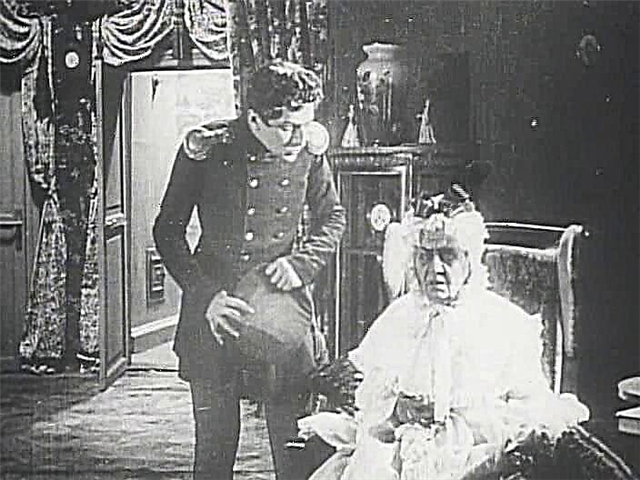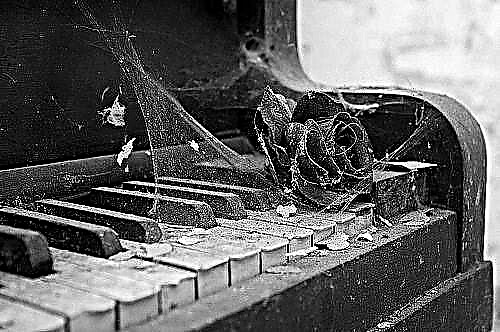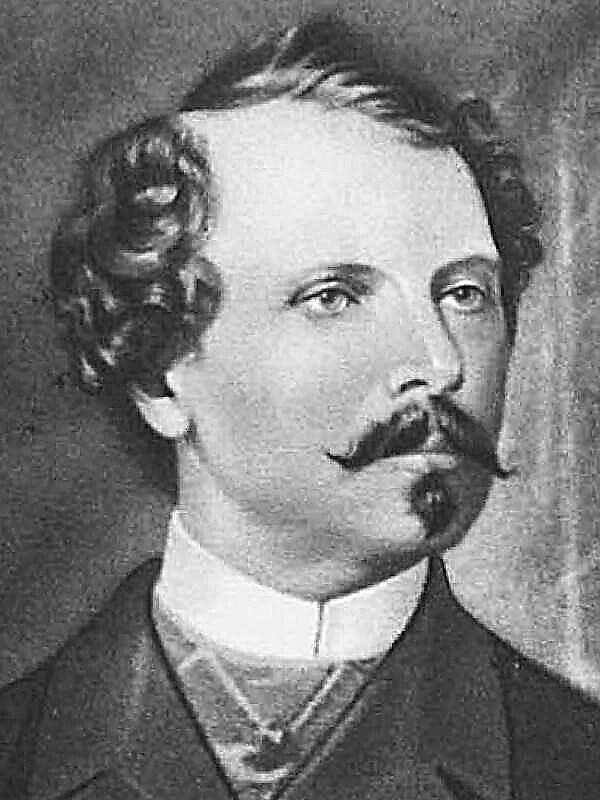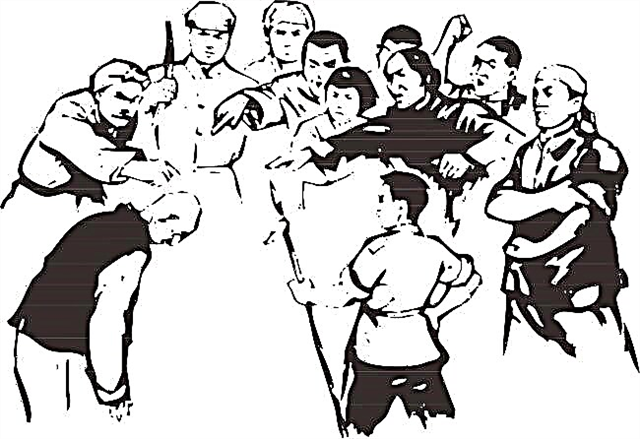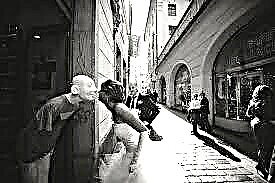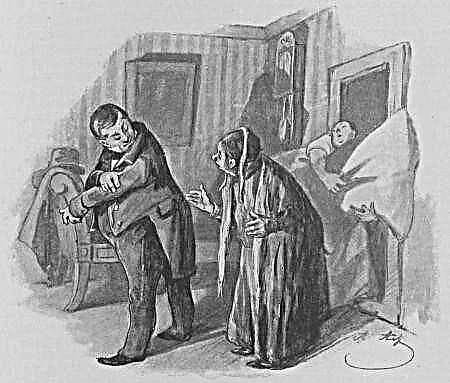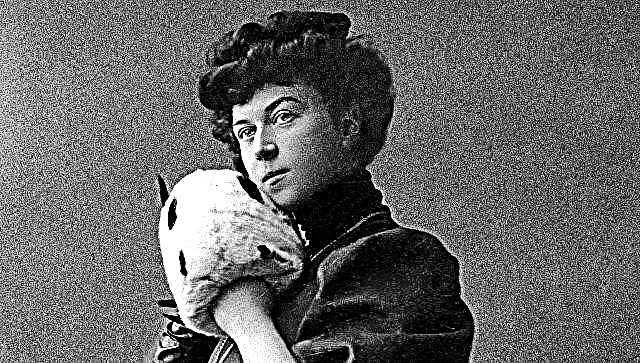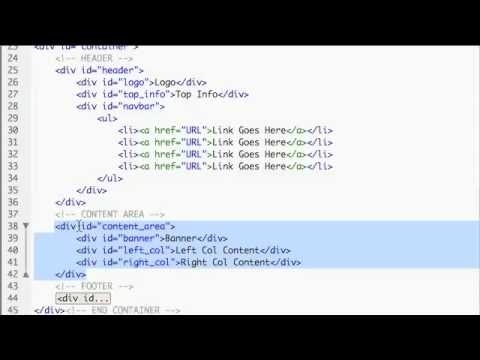(304 words) The work of Vladimir Vysotsky is beloved by many - he was an excellent musician, actor, poet. His lyric works do not lose their relevance until now, among them - a sketch of the poem "And we live in a dead emptiness ...", which, unfortunately, has remained unfinished.
The author’s dead void is Soviet Russia, contemporary to him, which is characterized by fear, loneliness, cold, hopelessness. “Try it, push it - it will splash with pus ...” - this is how Vysotsky through a metaphor describes a society that, judging by the posters, magazines, cinema, etc., doesn’t need anything, it receives all the necessary benefits, but in fact it decomposes and understands this, but does not know what to do next, and therefore the "fear of death" is drowned out by the "howl." The usual antithesis “first - last” loses its meaning: “forever first” are equal to those that are “in the tail”.
Vysotsky condemns the cult of "sacrifice", which is promoted as mandatory; perhaps he means not only the Soviet era, but also the entire culture of Russia: this is the Christian religion, which teaches to endure suffering, this is also the glorification of death for the sake of the motherland, and many hours of work for the benefit of the people. In the sacrifice, the poet sees one of the main problems of his generation and personifies it: it "put a seal" on the population and "deprived of reason, memory and eyes." This formed the “dead emptiness", which was written about at the beginning.
In addition to two stanzas, the first line of the third stanza has been preserved - “And the smell of blood, amusing many ...”. It can be assumed that the author foresaw the Afghan war and the collapse of the Soviet Union. But the lyrical hero does not separate himself from society, therefore he suffers as much as the rest.
This work reminds a little of the famous “Duma” of M. Yu. Lermontov for its hopelessness, a sense of its own powerlessness and disappointment. Like the poet of the nineteenth century, Vysotsky does not see a happy outcome for himself or for society.
Despite its incompleteness, the poem "And we live in a dead emptiness ..." has a relevant topic and makes the reader think about modernity. A clearly expressed author's position helps us to compare our reality with that which was in the past era, and, perhaps, tells us how to avoid mistakes of the past.

